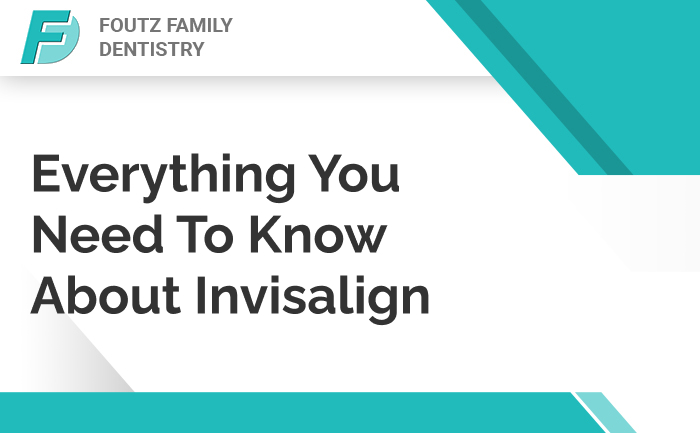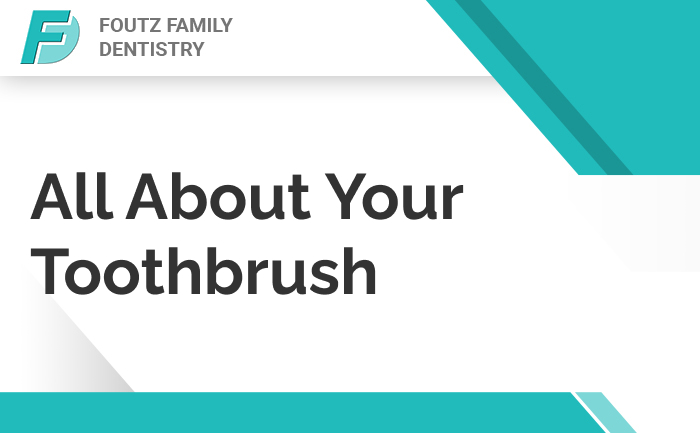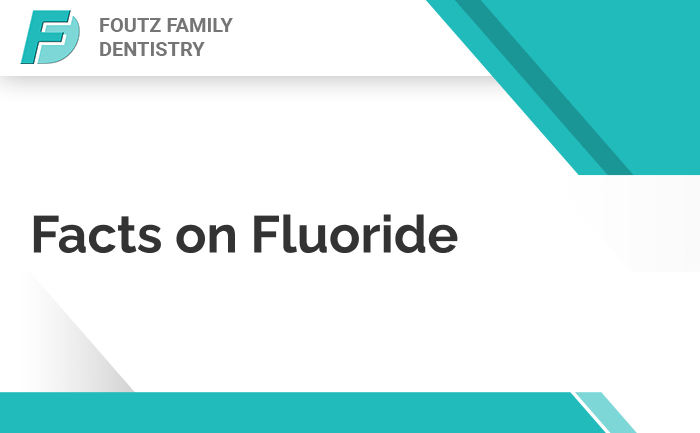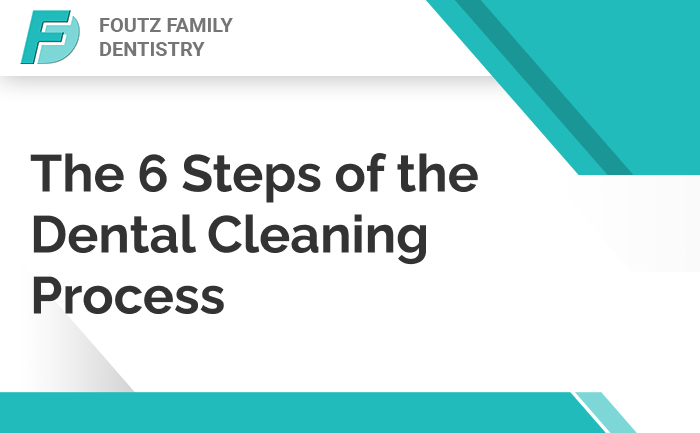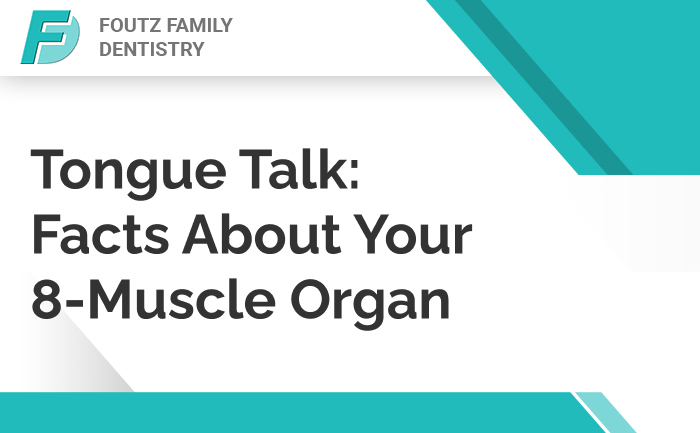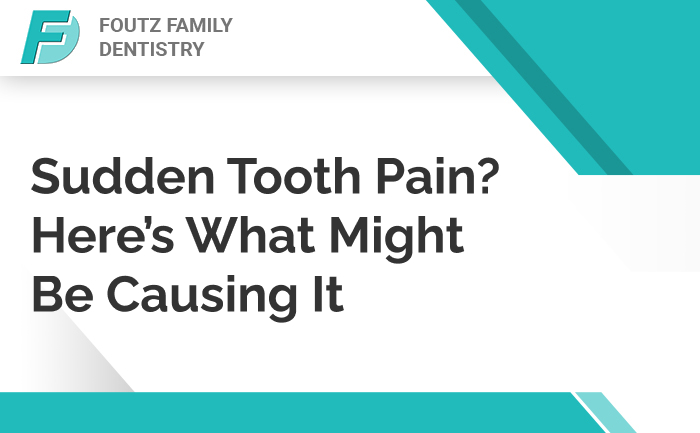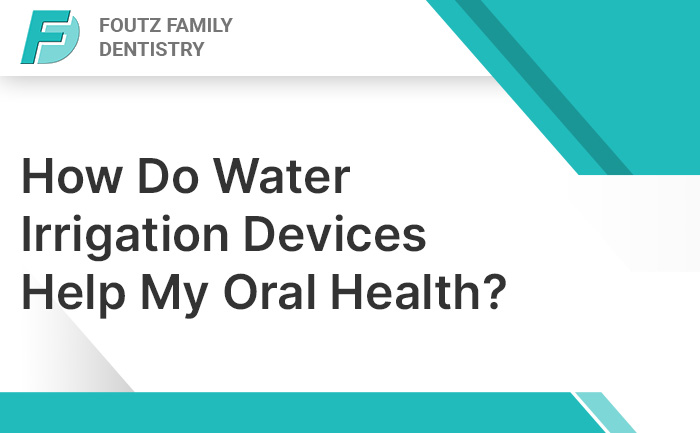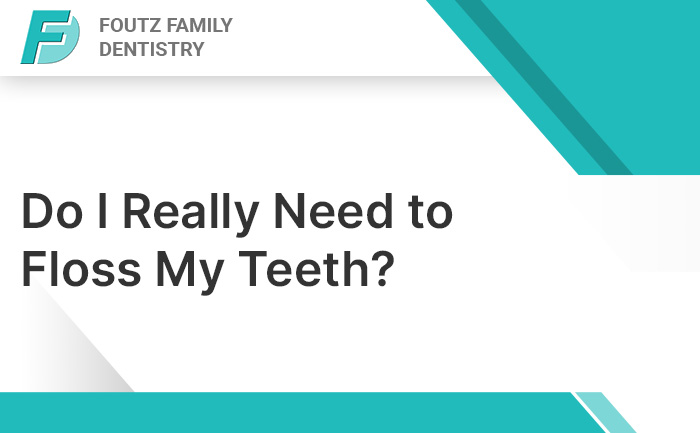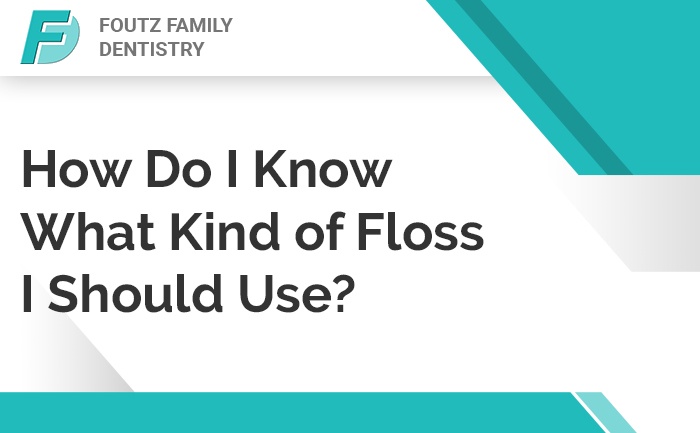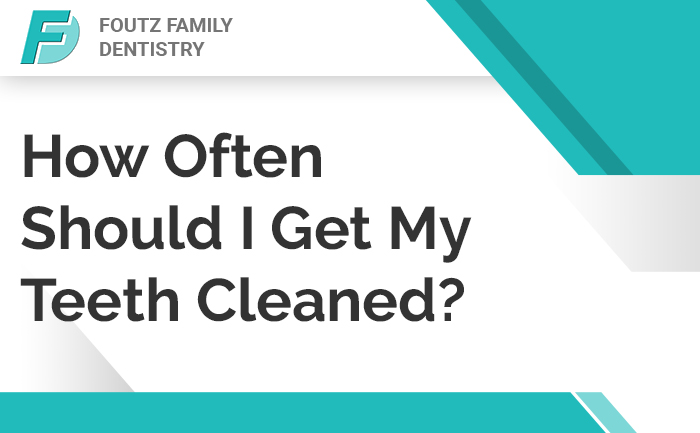Did you know you can get your teeth straightened right here in our dental office? Invisalign has become popular for many adults who want to straighten their teeth but don’t want the noticeable appearance of metal braces. If you’re ready for your perfect smile, it’s time to start your Invisalign journey with us.
How Does Invisalign Work?
To start your Invisalign journey, you’ll meet with your dentist to have images and most likely scans taken of your teeth and see what your results will look like. Gone are the days of mouth impressions and those large, uncomfortable trays used for them. Instead, we’ll use the iTero Element scanner to take photos of your teeth, giving us a 3D rendering of your teeth and the intended results after treatment.
Once you see your new smile, we’ll put your treatment plan together and order your clear aligners. When they come in, you’ll return to the office, and we’ll ensure they fit correctly and walk you through the maintenance and other aspects of the treatment. Some of your teeth may have attachments, or buttons, attached to them to ensure proper movement. These are tooth-colored bumps that provide the necessary friction needed to move teeth.
Your Invisalign should be worn for 20 to 22 hours a day but can be taken out to eat, drink, brush, and floss. You will change to a new clear aligner about every one to two weeks, and regular visits to our office are needed to ensure your teeth are responding how we want them to. You’ll be impressed with the quick results because almost everyone sees some improvement within the first few trays. Depending on the treatment needed, your Invisalign journey can be finished in as little as six months, which can be much shorter than metal braces.
Benefits of Invisalign Over Metal Braces
Clear aligners are better aesthetically than metal braces, especially for adults, and there are many other benefits to choosing this option for teeth straightening. Some of the most popular reasons people choose Invisalign over traditional braces include the following:
- You can see the virtual treatment plan before you make your decision. This means you can have a fundamental understanding of what your teeth should look like at the end of treatment, something that isn’t currently possible with metal braces.
- Invisalign isn’t very noticeable, even with the buttons that some teeth have applied. You can straighten your teeth without people ever knowing.
- You can remove your Invisalign aligners to eat and drink, so there are no restrictions on the food and drinks you can have.
- Clear aligners are much more comfortable than traditional braces because of the lack of brackets and wires. You don’t have to worry about adjustments or broken brackets that cut your mouth.
- The most important advantage is that you can comfortable and reliably brush and floss your teeth normally with out the difficulties caused by brackets and wires making it easier to maintain your dental health!
Come In Today for an Invisalign Consultation
There’s no better time than now to start straightening your teeth. Let our team at Foutz Family Dentistry get you started on the journey to your dream smile with an Invisalign consultation. Contact us today to schedule your appointment!






